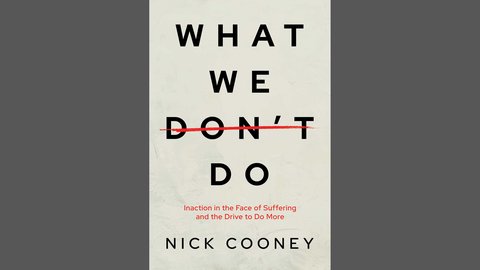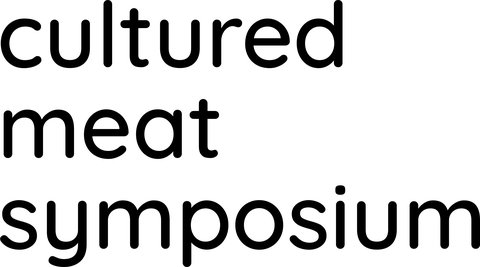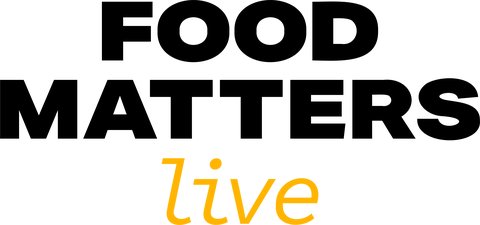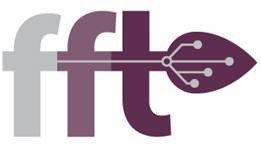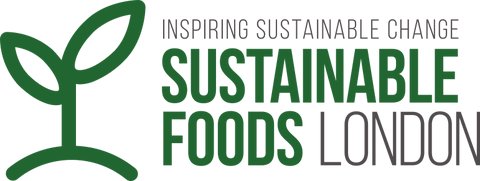After Exit: How Food Tech Founders Can Maximize Their Impact
April 25, 2025 - 7 min read
Exiting a company is a milestone—but for mission-driven founders, it’s also a chance to rethink how they create change
For those who have built and sold a successful food or food tech company, the moment of exit marks both an end and a beginning. After years of singular focus on growing a business, developing a technology or brand, and navigating market challenges, founders find themselves facing a new set of questions. With anywhere from several million to tens of millions (or more) now in their bank accounts, two fundamental questions emerge: What’s next for their career? And how can they deploy their newly acquired capital to continue making the world a better place?
After all, many company founders in the food tech space entered the sector with a mission to create positive change in the world’s food systems. Having achieved financial success, they now have an extraordinary opportunity to amplify their impact far beyond what was possible through their company alone. But to do so with the maximum effect, they need to bring to their philanthropy the same skills and mindsets that drove their business success—a topic I explore in my new book What We Don’t Do: Inaction in the Face of Suffering and the Drive to Do More.
Approaching Philanthropy Like a Hard-Working Startup Founder
The approach that built a successful company is precisely the approach that can maximize philanthropic impact. In my years working with founders, I’ve observed that the most successful share certain traits: a relentless drive to achieve results, a willingness to work harder than everyone around them, and an aptitude for structured, analytical thinking. These same qualities are precisely what’s missing in much of the philanthropic world.
Historically, the charity sector has often been driven by emotion rather than logic, treated like a hobby rather than a serious endeavor.
Consider how you approached building your food tech startup. You likely spent countless hours analyzing market opportunities, understanding customer needs, optimizing your product, and iterating based on feedback. You worked nights and weekends, facing rejection and setbacks without abandoning your mission. Your willingness to go all in, to outwork the competition, was likely a significant factor in your success.
Now compare that to the typical approach to philanthropy, where donors often make decisions based primarily on emotional appeal, personal connections, or media coverage. This approach is akin to launching a business without market research or validating your product—something no successful founder would do.
From a financial commitment perspective, founders often work for salaries significantly below what they could earn in a conventional role, tolerate the risk of being out of a job if their company fails, and risk losing all equity value in their company in the event of a liquidity crunch and investor takeover. But when it comes to charity, the average American donates just three percent of their income to charitable causes—a relatively meager financial commitment (particularly for those who are financially comfortable)—and most are unwilling to take on any financial risk whatsoever for the sake of charity.
Lastly, from a time commitment perspective, successful founders are often working 60- to 70-hour weeks or more. How many philanthropic funders put the same amount of time into deploying their hard-won wealth thoughtfully and effectively?
The Scale of Potential Impact
For successful food company founders who are willing to buck the norm and invest their time, money, and energy into philanthropy in a similar way to how they did to build their company, the impact they have the potential to achieve is staggering. When deployed strategically, even modest sums can create extraordinary outcomes.
A founder who exits with $10 million and decides to donate $3 million of that to charity over several years could potentially save over 1,000 lives through malaria prevention efforts, restore sight to 30,000 people through cataract surgeries that cost approximately $100 per procedure, or spare millions of animals each year from a lifetime of suffering through targeted interventions on industrial animal agriculture systems.
This isn’t theoretical. Real impact at this scale and at this cost is happening every day thanks to strategic giving by successful entrepreneurs (and others).
“Despite the hard work and analysis that went into building his wealth, he had been ‘brainless’ in how he gave it away.”
Consider Johanna Småros, who co-founded Relex, a supply chain management startup valued at over $5 billion in 2022. After her successful exit, she and her co-founders established the €100 million Relex Foundation focused on biodiversity protection. Småros recognized that her background as an engineer and startup founder was crucial for selecting initiatives with solid, scalable hypotheses.
Similarly, investment fund founder Damien Lane completely transformed his approach to philanthropy after reflecting that, despite the hard work and analysis that went into building his wealth, he had been “brainless” in how he gave it away, simply reacting to whoever was in front of him asking for money. After rethinking his approach, Lane now applies the same rigor to his giving that he used in his business, seeking out high-leverage opportunities and understanding the metrics that separate truly effective organizations from the rest.
Lane is among the thousands of startup founders (across the food sector and many other VC-backed categories) who have signed the Founders Pledge, a commitment to donate a certain portion of any exit earnings they achieve to charity. To date, Founders Pledge signatories have pledged over $10 billion to charity and donated over $1.5 billion. The organization also provides research, community, and support to help founders identify high-impact giving opportunities across causes ranging from global health to climate change to emerging technologies.
Breaking from Conventional Philanthropy
The typical approach to charitable giving severely limits potential impact. The hard truth is that most charitable giving does considerably less good than it could because well-intentioned donors fail to apply the same critical thinking to their philanthropy that they do (or did) to their business decisions. And most philanthropic givers and charity operators are unwilling to embrace the same level of work, mental strain, and all-in mentality that it took to build a successful company and accumulate wealth in the first place.
There are many reasons why this is the case, and in What We Don’t Do I look at some of the psychological biases, cultural norms, and evolutionary pressures that, for most people, get in the way of truly doing good. Fortunately, startup founders—particularly those in areas such as food tech, where most founders are motivated at least in part by a belief in the social importance of what they are working on—are uniquely positioned to overcome these biases and tackle philanthropy strategically and robustly in the years and decades after a successful exit. This can be through charitable giving, but also through advising high-impact companies and nonprofits on scaling challenges, connecting promising initiatives with their networks, identifying overlooked opportunities for systems-level change, and applying their entrepreneurial problem-solving skills to persistent challenges.
For successful startup founders, the question isn’t whether you have what it takes—it’s whether you’re willing to apply the same level of effort and analysis to doing good as you did to building a successful company. The choice is yours. After exit, you can treat philanthropy as a hobby, making donations based on emotional appeal or personal connection without much consideration for results. Or you can approach it with the same rigor, determination, and hard work that built your successful company—and potentially create orders of magnitude more positive change in the world as a result.
Nick Cooney is the founder and managing partner of venture capital firm Lever VC and the founder and board chair of Lever Foundation, a nonprofit focused on advancing humane and sustainable food systems in Asia. He is the author of several books on effective charity and philanthropy work, including his most recent book, What We Don’t Do: Inaction in the Face of Suffering and the Drive to Do More (Simon & Schuster / Regalo Press, 2025).
